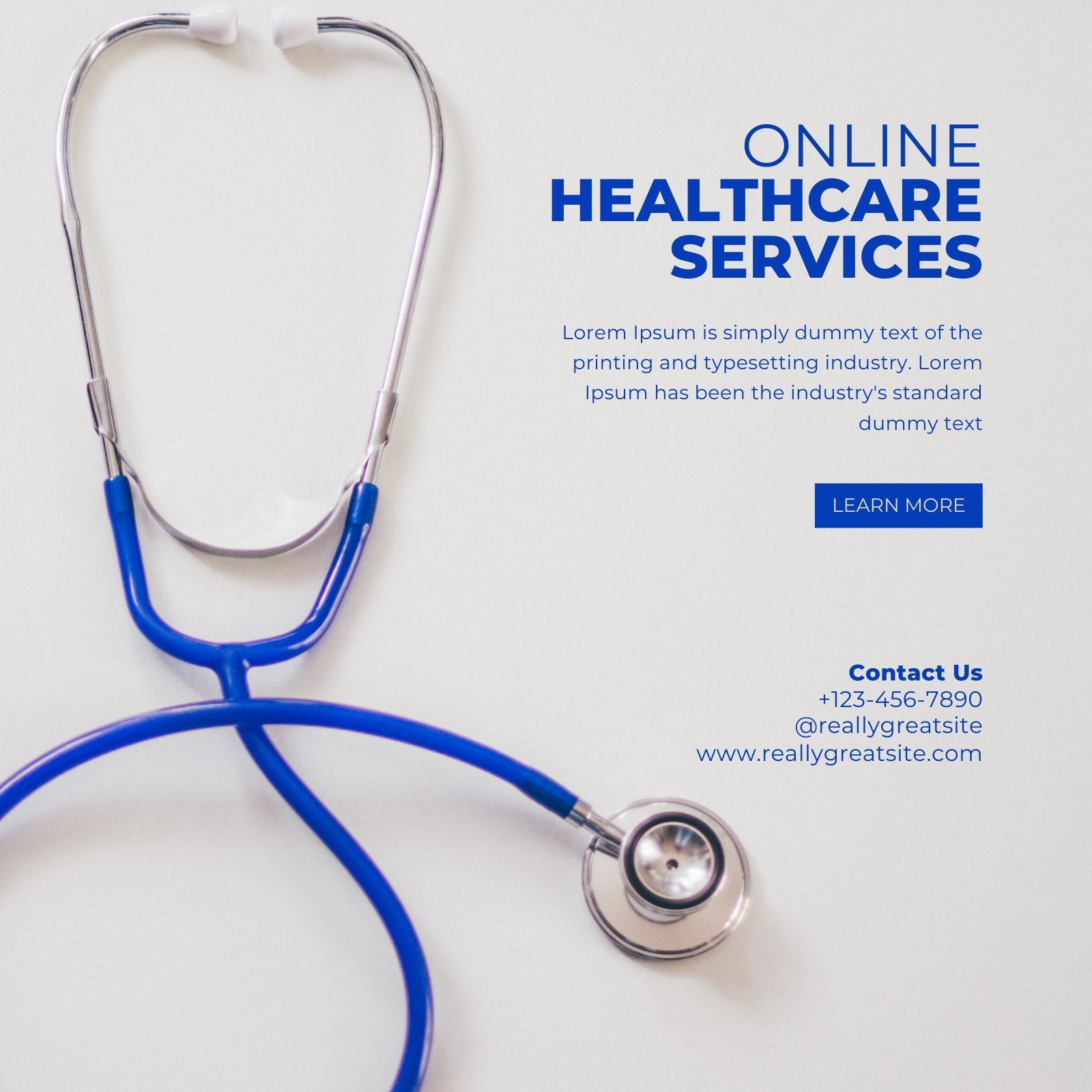Discovering the Development of Subscription Based Healthcare in the Digital Age
Discovering the Development of Subscription Based Healthcare in the Digital Age
Blog Article
The Increase of Subscription-Based Health Care and Its Effect On Person Care
As medical care evolves, the subscription-based version is acquiring grip, promising to transform person treatment by providing predictability and access. These designs, which bypass standard insurance policy, can redefine the patient-doctor dynamic, emphasizing individualized and precautionary care. Yet, as with any type of innovation, they present challenges, specifically concerning fair gain access to for all socioeconomic groups. The potential for these models to reshape medical care distribution raises pressing questions regarding their long-term sustainability and inclusivity. Are these membership services the future of health care, or do they take the chance of leaving prone populations behind? The complexities of this shift warrant a more detailed assessment.
Understanding Subscription Healthcare Designs
Understanding the idea of subscription healthcare versions entails analyzing a transformative method to medical services that stresses price and accessibility. These versions, typically described as direct health care (DPC) or concierge medication, have actually emerged as innovative options to standard fee-for-service health care systems. Registration health care allows clients to pay a set regular monthly or yearly fee for a defined collection of clinical solutions, which might consist of endless workplace visits, regular exams, and basic lab examinations, without the requirement for traditional insurance billing.
The structure of subscription medical care versions is designed to enhance patient treatment by getting rid of third-party payers and complex billing codes, thus lowering administrative burdens. Doctor can focus a lot more on person care, cultivating stronger patient-provider partnerships. This design additionally promotes preventative care by urging normal gos to, as the monetary challenge of per-visit costs is removed.
The registration model often equips doctor to take care of smaller individual panels, permitting even more personalized treatment. It aligns economic motivations with patient health and wellness outcomes, as suppliers are inspired to preserve patient complete satisfaction and health. Generally, recognizing subscription medical care models needs acknowledging their possible to reshape exactly how treatment is provided and accessed.
Benefits for Suppliers and patients

For service providers, subscription-based designs use the possibility to strengthen patient-provider connections. With a steady revenue stream, health care professionals can dedicate even more time to every person, causing a much more customized and extensive care experience. This design likewise lowers dependence over client volumes, minimizing burnout and enhancing task complete satisfaction. The emphasis on preventative care within subscription strategies can lead to far better client outcomes and minimized long-lasting medical care costs. By concentrating on constant treatment, suppliers can address concerns prior to they escalate, inevitably profiting the healthcare system all at once by lowering the worry on emergency and severe care services.
Worries and challenges
While subscription-based health care models existing countless benefits, they additionally come with a collection of difficulties and problems that need to be attended to. This raises moral inquiries regarding fair access to healthcare solutions.
Financial sustainability of subscription-based designs is an additional issue. Companies should balance the set income from subscriptions with the variable costs of medical care solutions, which might fluctuate because of unexpected clinical requirements. This can develop pressure to restrict solutions or rise fees, possibly influencing person fulfillment and care quality.
In addition, governing oversight of subscription-based health care designs is still progressing. The absence of standard frameworks can cause inconsistent solution high quality and accountability, complicating initiatives to guarantee patient protection. Last but not least, the combination of innovation-- typically a keystone of these models-- elevates concerns concerning data personal privacy and safety, as delicate client details might be vulnerable to breaches. Attending to these obstacles is important for the equitable and successful application of subscription-based medical care.
Influence On Patient-Doctor Relationships
One substantial impact of subscription-based healthcare models on patient-doctor connections is the capacity for boosted connection and customized treatment. By embracing a registration version, medical professionals can manage a smaller patient panel, enabling more dedicated time with each individual. This increased availability fosters a much deeper understanding of a person's medical history, lifestyle, and preferences, allowing a lot more tailored treatment plans and treatments.

However, it is important to recognize that while subscription-based designs may profit those that can afford them, they might unintentionally widen medical care variations. Clients that are not able to take part in these designs might experience decreased accessibility to personalized care, possibly affecting their connections with doctor. Thus, while the registration design offers appealing advantages for patient-doctor connections, it also presents challenges that need to be resolved to make sure fair health care access.
Future of Medical Care Gain Access To

The role of modern technology can not be forgotten in this change. Telemedicine systems and digital health and wellness records help with smooth interaction in between people and healthcare suppliers, damaging down logistical and geographical obstacles. Furthermore, improvements in man-made knowledge and data analytics can even more personalize medical treatment by predicting individual requirements and optimizing treatment plans.
However, the future of healthcare access also offers difficulties, such as making sure equity across different socio-economic teams. Policymakers and doctor have to team hop over to here up to connect the digital divide, ensuring that subscription-based versions stay inclusive and budget-friendly. As these systems mature, they hold the assurance of making health care more obtainable, effective, and patient-centric.
Verdict
Subscription-based medical care versions are improving person care by supplying a secure price framework and boosting accessibility. The rise of subscription-based healthcare encourages positive client interaction, which has the prospective to enhance individual results and Visit Your URL contentment, indicating a transformative change in medical care distribution.
As medical care progresses, the subscription-based design is acquiring grip, guaranteeing to revolutionize client care by providing predictability and accessibility.Subscription-based healthcare models supply distinctive benefits for both clients and suppliers, improving the overall healthcare experience.As medical care systems progress, the future of healthcare access frequently pivots on the combination of innovative versions and modern technologies.Subscription-based medical care designs are reshaping individual care by giving a secure expense structure and enhancing access. The increase of subscription-based health care encourages proactive client interaction, which has the prospective to improve person outcomes and contentment, indicating a transformative shift in find more health care shipment.
Report this page